Pastoral Women’s Council (PWC) and its partners are finalists for the Racial Equity 2030 Challenge, a global call to advance racial equity in the next decade. They will work alongside 50,000 Maasai women to provide them with the knowledge and tools to address systemic marginalization.
As a young Maasai girl growing up in Northern Tanzania, Maanda Ngoitiko was known throughout her village as the one who refused to conform, the one who would not submit to her parents’ will for her future. The one who didn’t seem to understand her place in a society that treats women as second-class citizens from the day they are born.
Reality came crashing in the day her best friend came to school covered in bruises, right after she had been forced into marriage. Ngoitiko realized then that her 12-year-old friend would not be returning to school after that day. And that the same thing could happen to her.
“When my turn came, I struggled against the pressure of my community, the pressure of my own parents – against everyone, even my own sisters,” says Ngoitiko. “But I found my way.”
A Member of Parliament took her side and convinced the family to send Ngoitiko to Dar es Salaam, a major port city in eastern Tanzania, to further her education. Years later, she returned determined to help other young Maasai girls avoid the same fate as her friend. She founded the Pastoral Women’s Council (PWC) in 1997 with nine other Maasai women to empower girls and women to push back against a patriarchal culture and social system that have marginalized them for centuries.
Maasai women repeatedly get the message that their lives or dreams don’t matter. In their own communities they are forced into marriage instead of school, subjected to genital mutilation, early and forced marriage, they have no decision-making authority at home or in the larger community, and have limited bodily autonomy and economic independence.
For those whose home country is Tanzania, they are marginalized even further by a discriminatory system that frequently ignores the Indigenous rights and way of life of Maasai people, forcibly removes them from their ancestral land and limits their ability to fully participate in the policy making processes.
Despite this, Maasai women and men, are rising to protect their communities from increasing threats to their pastoral way of life. Their ability to succeed starts with changing deep-rooted patriarchal social attitudes towards women within their own communities. Since 2015, PWC has trained more than 156 paralegals volunteers and established 71 Women Rights Forums (WRLFs) to enhance access to justice for gender-based violence survivors and increase participation of Indigenous women in leadership.
As a finalist for the W.K. Kellogg Foundation’s Racial Equity 2030 Challenge, PWC and its local partners have proposed a bold effort to empower Maasai women to eliminate the systemic oppression and marginalization that has put them on the edge of poverty and threatens their livelihoods. PWC plans to transform the lives of 50,000 Indigenous women in Northern Tanzania so that they can be the agents of change.
The Problem
The Maasai are semi-nomadic and make their living employing wide-ranging communal land to graze cattle and support livestock production. They produce 95 percent of the country’s beef, yet they face constant external pressure to relocate to urban areas.
“When land is subdivided and people start owning small pieces (of land), that land becomes fragmented and does not support pastoralism,” says Ngoitko. “Grazing land is lost due to people fencing in their little spaces.”
Constant land alienation for elite tourism is an everyday reality. While there are legal protections on the books, these policies are weak in implementation as Massai land continues to be under threat.
Over time, the Maasai have been steadily losing the land needed to effectively practice sustainable pastoralism. Severe droughts brought on by climate change are killing increasing numbers of livestock and shrinking viable grazing land. The Maasai have little ability to affect policy reforms due to underrepresentation in decision and policy spaces.
Instead of adhering to tradition, Maasai women are stepping forward to protect their families and communities from continued land dispossession and oppression.
Game-Changing Solution
The Pastoral Women’s Council plans to provide Indigenous women with the knowledge and tools to address systemic marginalization both in the home and nationally. PWC will work alongside 50,000 Maasai women throughout Northern Tanzania to effect change at multiple levels, including:
- Enacting policies to ensure that Indigenous peoples’ rights are protected and respected by securing legal title to ancestral land and decision-making ability at the national level
- Providing women with the knowledge, skills and means to secure economic independence and resilience
- Significantly transforming oppressive norms that have effectively limited women’s economic independence, silenced their voices and barred them from making decisions affecting their own lives
“I want to see Indigenous and pastoral women as masters of their own destiny, able to attain their life dreams. I want to see them at the front and center of the development taking place in their own communities and the country. I want them to be at the decision-making table.”
Maanda Ngoitiko
PWC has worked for more than 25 years to position Indigenous pastoralist girls and women for this moment. It began with a focus on educating pastoralist girls and creating a safe haven for them to escape forced marriage and abuse. Since then, PWC has directly supported more than 1,700 Maasai children, changing deep-seated norms towards girls’ education.
“Right now, we are seeing a big number of women and men supporting their daughters going to school as opposed to forcing them into marriage,” says Ngoitko. “But we still have a lot of work to do.”
PWC is now a 6,500-member woman empowerment organization working to put Indigenous women into leadership positions where they can protect Indigenous rights.
In 2017, PWC partnered with Engishon Microfinance Ltd to establish a micro-finance enterprise enabling pastoral women and youth to gain access to credit. So far, Engishon has provided more than $160,178 in loans, helping women and youth become entrepreneurs and generate income that is benefitting their communities. Maasai men are increasingly valuing the economic benefits women can generate.
At the same time, the Ujamaa Community Resource Team (UCRT) is working to help Indigenous communities secure land tenure and create a long-term solution to retaining property rights. UCRT has helped these communities secure 1 million land titles over a 7-year-period and facilitated discussions of women holding collective property rights with men.
“Healing will occur only when we are no longer oppressed and our lives are protected and valued,” says Ngoitko.
As a child, Ngoitko felt her only chance to escape oppression and take control of her life was to access an education elsewhere. Today, her feet are planted firmly on her ancestral land, where she and her fellow Maasai women are carving out a new place for themselves.
Related Links
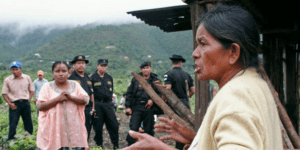
Caretakers of the Earth: An Indigenous-led movement to secure land rights
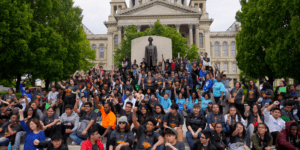
Healing through action
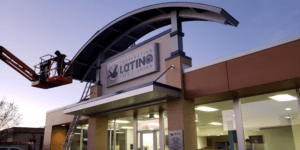
Eliminating the Latino Opportunity Gap
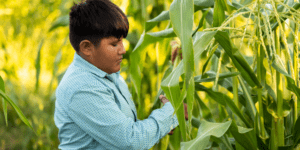
Regenerating food and agricultural finance systems in Indian Country
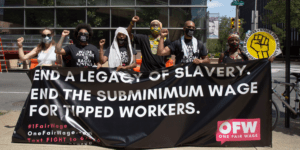
Restaurant workers are standing up for increased wages – and racial and gender equity
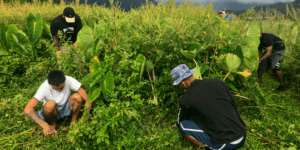
Native Hawaiian-centered approach helps youth heal and become healers
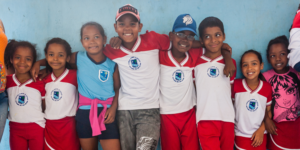
In Brazil, a movement to unleash the world’s first anti-racist education system
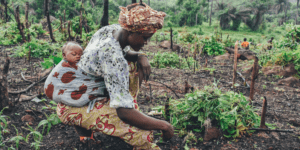

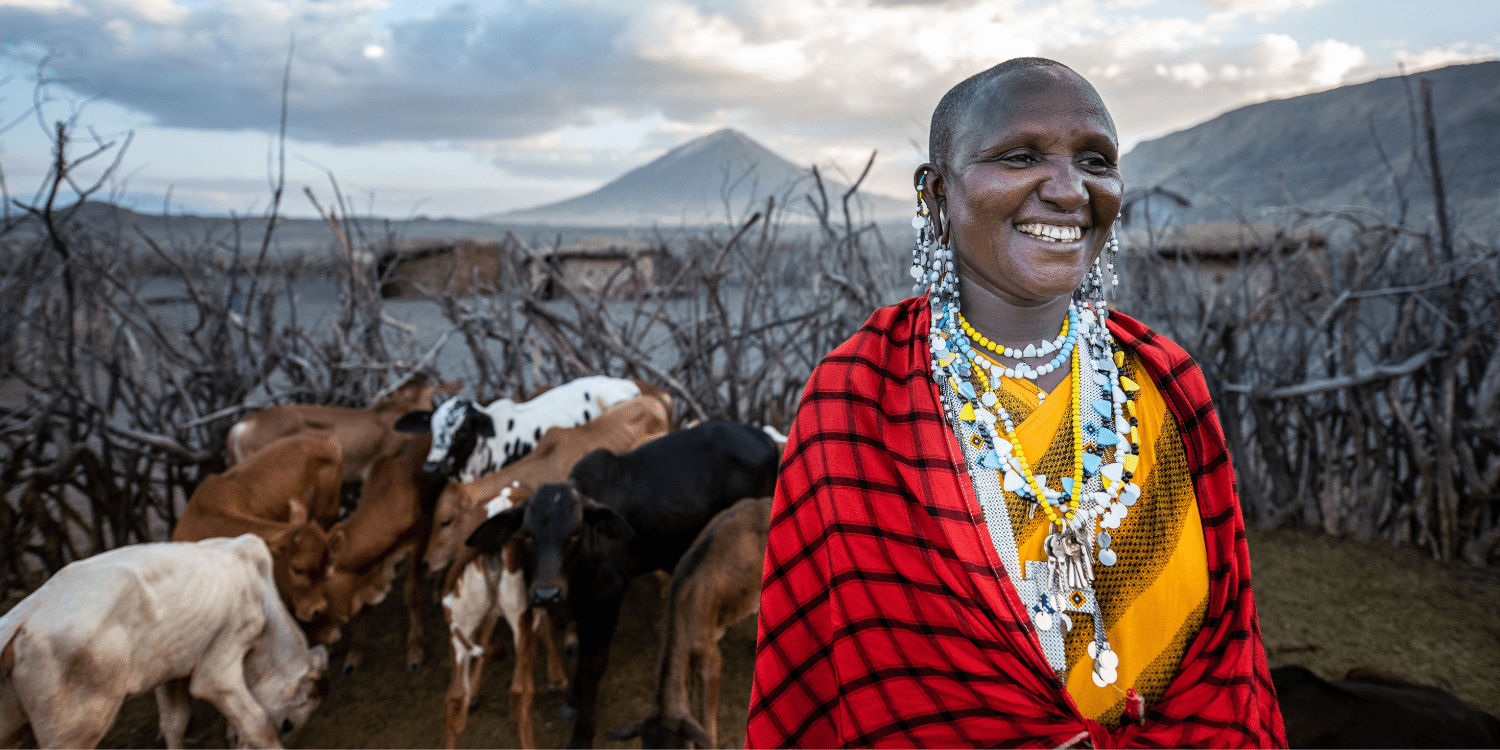
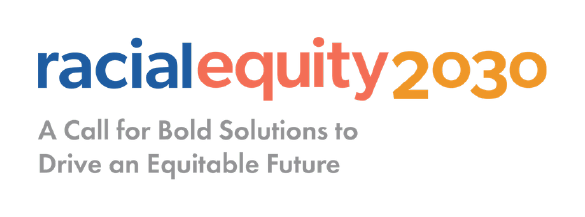
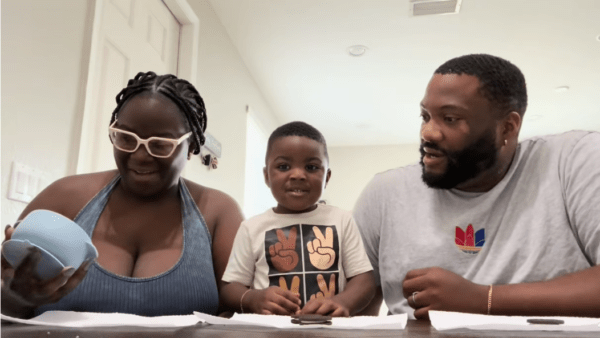
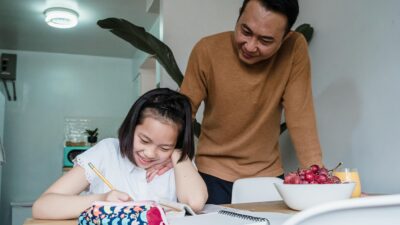
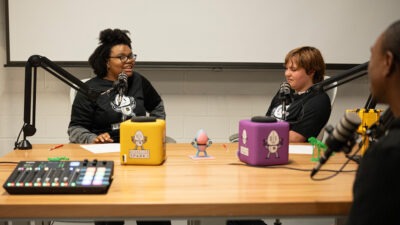
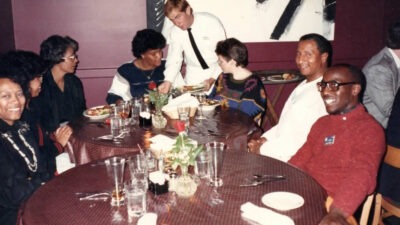
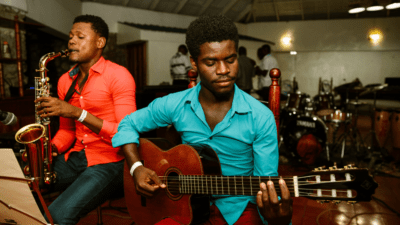

Comments